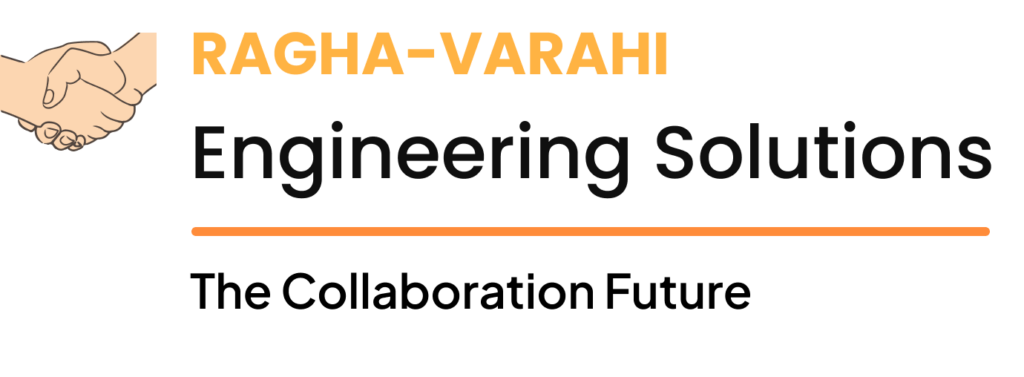In today’s rapidly evolving business landscape, success is no longer solely defined by the bottom line. Customers, stakeholders, and society as a whole are increasingly demanding that companies take a more comprehensive and sustainable approach to their operations. This shift has put manufacturing at the forefront of this paradigm change, as businesses strive to balance profitability with environmental responsibility and social impact.
At the heart of this transformation is a holistic mindset that extends beyond the traditional boundaries of manufacturing. It’s about recognizing that every stage of the production process, from ideation to implementation, presents opportunities to drive sustainable growth. By adopting this all-encompassing perspective, organizations can unlock new avenues for innovation, efficiency, and long-term value creation.
The Power of Integration
Gone are the days when manufacturers could afford to operate in silos, with each department functioning independently. The most successful organizations today are those that have embraced a culture of integration, breaking down barriers to collaboration and leveraging the collective expertise of their teams.
This integrated approach allows manufacturers to identify and address challenges holistically, leveraging synergies across various functions. From design and engineering to production and quality control, every step of the manufacturing journey is examined through the lens of sustainability. This not only helps to reduce waste and optimize resource utilization but also enables the development of products and services that are truly fit for the future.
Harnessing the Latest Technologies
The manufacturing industry has always been at the forefront of technological innovation, and the modern era is no exception. By embracing the latest advancements in areas such as automation, robotics, and data analytics, manufacturers can enhance their operational efficiency, improve product quality, and reduce their environmental footprint.
For example, the use of advanced sensor technologies can provide real-time insights into the manufacturing process, allowing for proactive maintenance and the identification of potential bottlenecks. Similarly, the integration of artificial intelligence and machine learning can help optimize energy consumption, streamline supply chain logistics, and enable predictive maintenance – all of which contribute to a more sustainable manufacturing ecosystem.
Cultivating a Culture of Continuous Improvement
Sustainable growth in manufacturing is not a one-time achievement but rather a journey of continuous improvement. It requires a mindset shift that permeates every aspect of an organisation, from the C-suite to the factory floor.
By fostering a culture of continuous learning and improvement, manufacturers can stay ahead of the curve, anticipating and adapting to the evolving needs of their customers and the broader marketplace. This might involve regular training programs, the implementation of lean manufacturing principles, or the establishment of cross-functional teams dedicated to driving innovation and sustainability.
The Path Forward
As the world grapples with pressing environmental and social challenges, the manufacturing industry has a pivotal role to play in shaping a more sustainable future. By embracing a holistic approach that integrates ideation, implementation, and a commitment to continuous improvement, manufacturers can not only drive their own growth but also contribute to the betterment of the communities and the planet they serve.
The journey may not be easy, but the rewards are immense. By demonstrating leadership, innovation, and a genuine dedication to sustainability, manufacturers can position themselves as catalysts for positive change – and reap the benefits of long-term, sustainable success.


